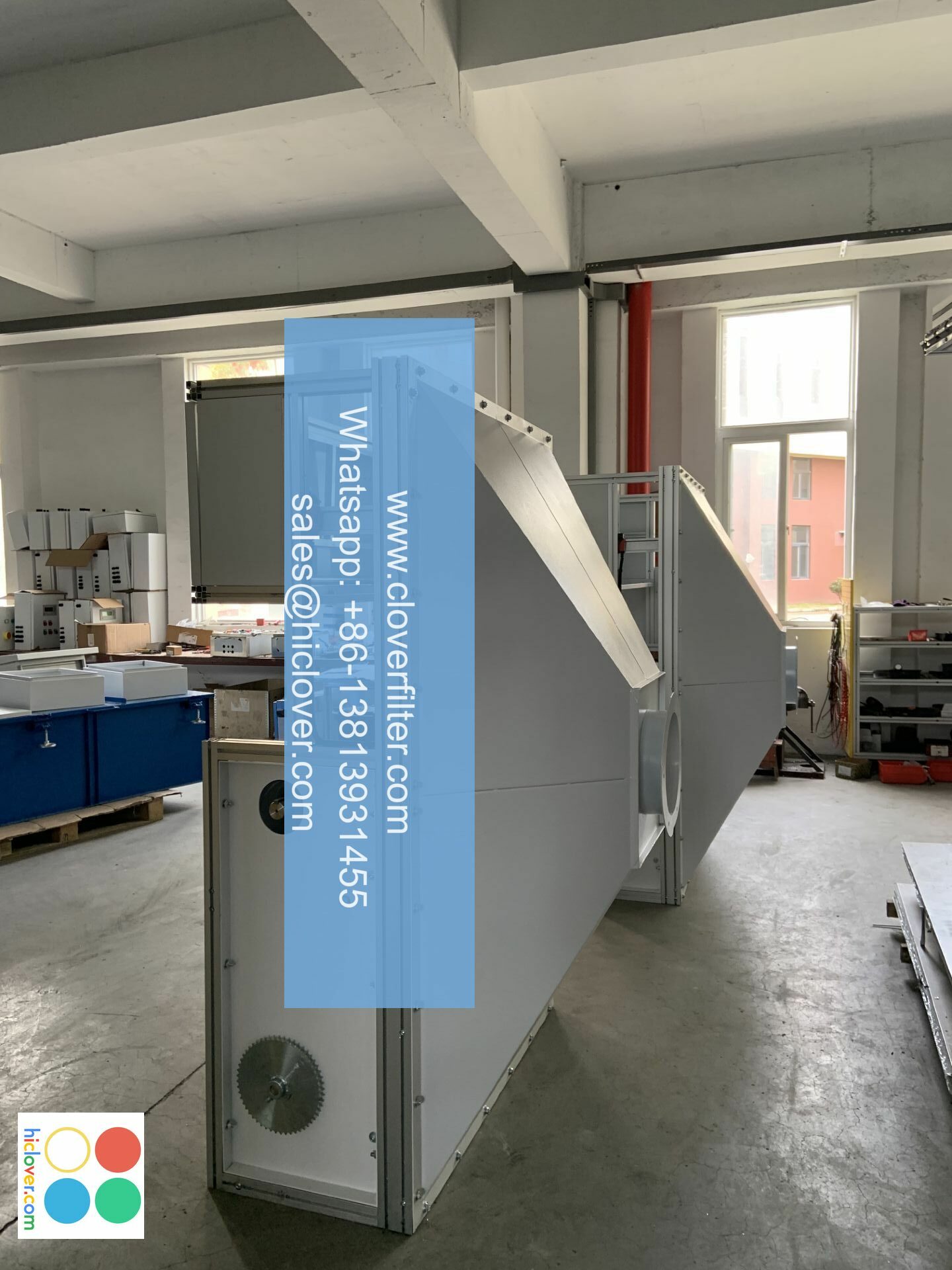McMaster University’s Adoption of Automatic Roll Air Filters: A Cost-Benefit Analysis

McMaster University, a renowned institution for higher education in Canada, has recently adopted Automatic Roll Air Filters (ARAFs) as part of its effort to enhance indoor air quality and reduce maintenance costs. This article aims to provide a Cost-Benefit Analysis of implementing ARAFs across the university’s facilities, highlighting the Energy Efficiency, Cost Savings, and Environmental Benefits associated with this innovative technology.
Background and Motivation
Traditional Heating, Ventilation, and Air Conditioning (HVAC) systems rely on manual filter replacements, which can be time-consuming, labor-intensive, and often lead to filter leakage and Indoor Air Pollution. The introduction of Automatic Roll Air Filters (ARAFs) addresses these concerns by providing a continuous, automated filtering process, ensuring improved Indoor Air Quality (IAQ) and reduced Maintenance Costs. McMaster University’s adoption of ARAFs is motivated by the desire to create a healthier and more sustainable learning environment for its students, faculty, and staff.
Cost-Benefit Analysis
A comprehensive Cost-Benefit Analysis was conducted to evaluate the feasibility of implementing ARAFs across the university’s facilities. The analysis considered various factors, including:
– Initial Investment Costs: The initial cost of purchasing and installing ARAFs was found to be higher compared to traditional filter systems.
– Operating Costs: ARAFs were shown to reduce Energy Consumption by up to 20% due to their advanced filtration technology, resulting in significant Cost Savings over time.
– Maintenance Costs: The automated filtering process eliminates the need for manual filter replacements, reducing Labor Costs and Waste Disposal Expenses.
– Environmental Benefits: By minimizing Filter Waste and reducing Energy Consumption, ARAFs contribute to a more Sustainable and Environmentally Friendly operation.
Application Areas and Benefits
The implementation of ARAFs at McMaster University has various Application Areas, including:
– Classrooms and Lecture Halls: Improved Indoor Air Quality enhances the learning environment, contributing to better Student Performance and Health.
– Research Laboratories: ARAFs ensure a Consistent and High-Quality Air Supply, essential for sensitive Research Equipment and Experiments.
– Staff and Administrative Areas: A healthier work environment boosts Productivity and Employee Satisfaction, while reducing Absenteeism due to Indoor Air Pollution.
Conclusion and Future Directions
McMaster University’s adoption of Automatic Roll Air Filters demonstrates its commitment to Sustainability, Energy Efficiency, and Indoor Air Quality. The Cost-Benefit Analysis highlights the long-term Cost Savings and Environmental Benefits associated with ARAFs. As the university continues to expand and upgrade its facilities, the integration of Innovative Technologies like ARAFs will remain a key priority, ensuring a Healthier, More Sustainable, and Productive environment for the entire university community.

